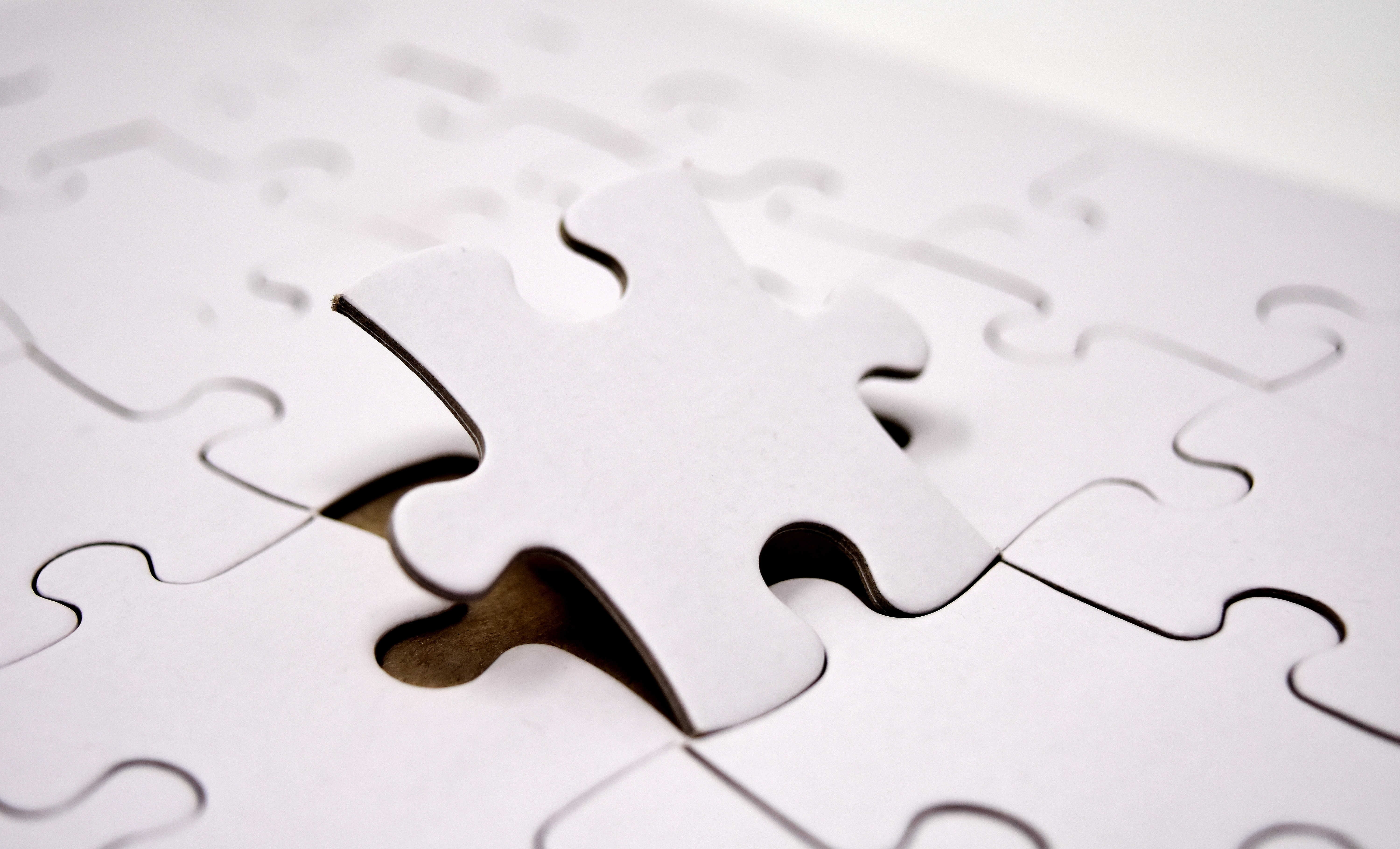In a World of Chaos
In today’s fast-paced world, stress, anxiety, and overwhelm have become the norm rather than the exception. Our nervous systems are constantly bombarded with information, responsibilities, and uncertainty, often leaving us in a state of fight-or-flight. Amidst this chaos, the vagus nerve serves as a powerful key to restoring balance, resilience, and well-being.
What is the Vagus Nerve?
The vagus nerve, the longest cranial nerve in the body, plays a critical role in regulating our autonomic nervous system. It acts as a communication highway between the brain and vital organs, influencing digestion, heart rate, immune function, and emotional regulation. Often referred to as the “wandering nerve,” it extends from the brainstem to the gut, connecting multiple systems essential for overall health.
Why is the Vagus Nerve Important in a Chaotic World?
In times of chronic stress, the body remains in a heightened sympathetic state, leading to burnout, inflammation, and various health issues. Activating the vagus nerve helps shift the nervous system from this fight-or-flight mode into the parasympathetic state, often called the “rest-and-digest” mode—where healing, recovery, and emotional stability occur.
How to Support and Strengthen the Vagus Nerve
Engaging in vagus nerve stimulation techniques can enhance resilience, promote relaxation, and improve overall well-being. Here are some essentials to incorporate into daily life:
1. Breathwork and Pranayama
Slow, deep breathing, especially diaphragmatic breathing, directly stimulates the vagus nerve. Techniques such as alternate nostril breathing (Nadi Shodhana) and extended exhalations activate the relaxation response, reducing stress and anxiety.
2. Meditation and Mindfulness
Practices like meditation, guided visualization, and mindfulness encourage vagal tone by fostering a sense of inner calm. Even a few minutes of daily practice can have profound effects on nervous system regulation.
3. Humming, Chanting, and Singing
The vagus nerve is connected to the vocal cords and inner ear. Humming, chanting “Om,” or singing stimulates the nerve, enhancing its ability to regulate emotional well-being and stress response.
4. Cold Exposure
Exposure to cold water, such as splashing cold water on the face or taking cold showers, has been shown to activate the vagus nerve and strengthen its function over time.
5. Gentle Movement and Yoga
Yoga, especially gentle and restorative practices, encourages vagal activation. Twists, heart-opening postures, and forward bends help regulate the nervous system and promote relaxation.
6. Connection and Laughter
Social connection is vital for vagus nerve health. Engaging in meaningful conversations, sharing laughter, and experiencing positive social interactions increase vagal tone and emotional resilience.
7. Gut Health and Nutrition
Since the vagus nerve has a strong connection to the gut, maintaining a healthy microbiome supports its function. Eating a balanced diet rich in probiotics, fiber, and anti-inflammatory foods contributes to overall nervous system health.
Embracing the Power of the Vagus Nerve
In a world of chaos, nurturing the vagus nerve provides a pathway to inner peace, resilience, and well-being. By incorporating simple yet effective techniques into daily life, we can strengthen our body’s natural ability to manage stress, enhance emotional stability, and foster overall health. When we prioritize vagal health, we cultivate a sense of balance, allowing us to navigate life’s uncertainties with greater ease and clarity. What are your favorite ways to support your vagus nerve? Share in the comments below!







0 Comments